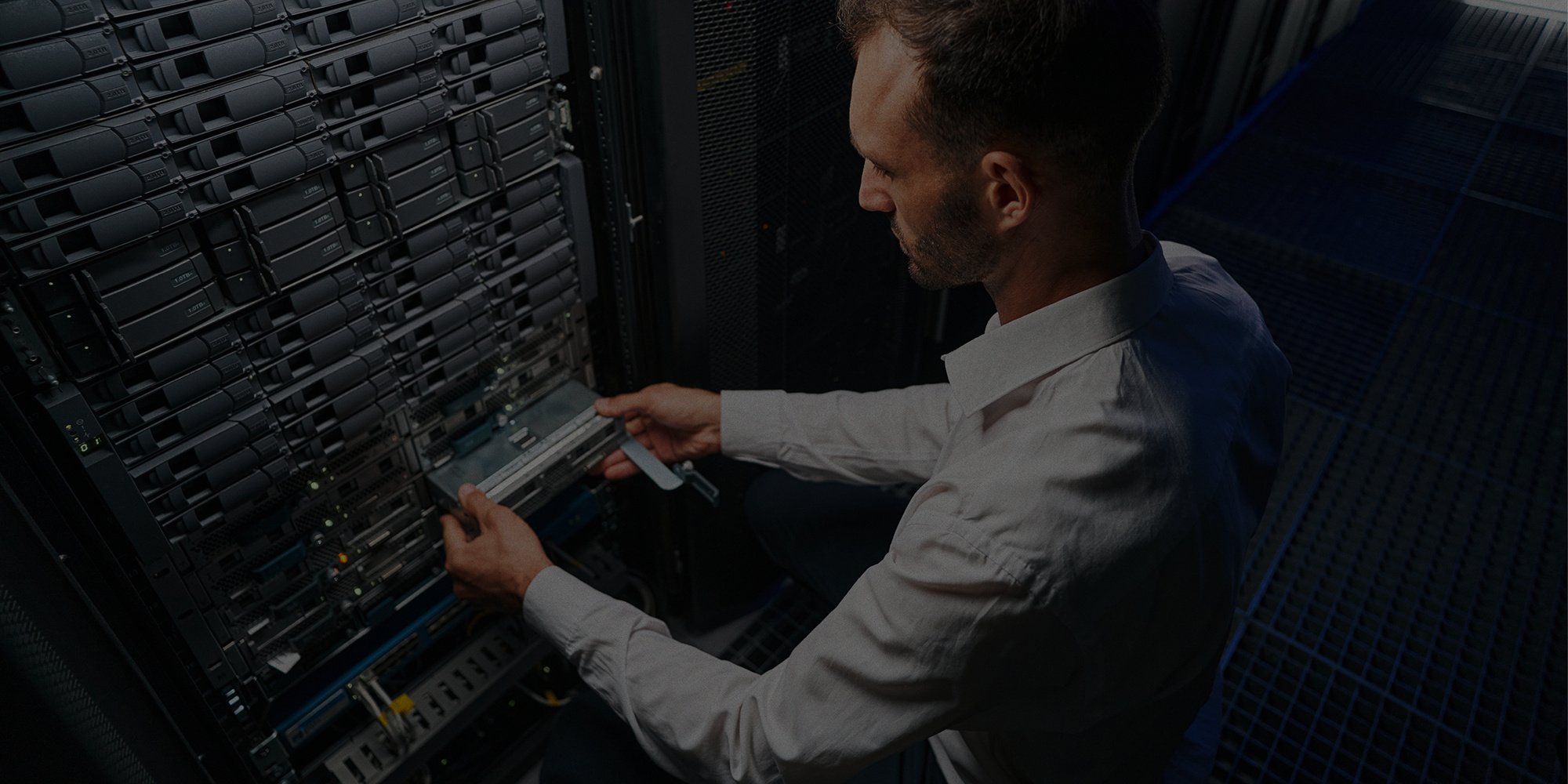How to Tell if a Job Candidate Will Be Successful in Remote Work

The hybrid workplace is here to stay. Even post-pandemic, 77% of people surveyed claim that once the pandemic ends, having the flexibility to work from home would increase their level of happiness. Furthermore, according to OWL Labs, 23% of full-time employees are willing to accept a 10% cut in pay in exchange for the option to work remotely on some days.
Many employers are also willing to consider long-term remote or mixed working styles to attract and retain valued staff. Not every job candidate, however, necessarily has both the skill set and mindset needed for success in remote working.
What should an employer look for in their candidates to maximize the chance of success in remote and hybrid work styles? How can employers look for clues during the recruiting process? Here are some ways to judge if a candidate has the skill sets and mindset needed to succeed in remote work.
FOCUS
Remote employees need self-discipline and an appropriate environment to avoid distractions and stay focused on the task at hand. Even in the office, of course, there are distractions like colleagues dropping by to chat, mobile games, etc. — nobody works all day without a break. But it’s simply easier to get off-task in the home environment.
In assessing candidates, at a minimum, ask if they have a dedicated working space in the home where they can close the door, or even a local coffee shop or shared office space that is quiet and conducive to professional work. In terms of self-discipline, a good interview question is how the candidate sets priorities and stays focused when there are multiple overlapping work deadlines. It’s also important to ask if they have prior experience working in a remote or mobile environment, was that successful, and why?
TEAM PLAYER AND A SELF-STARTER
Successful remote employees have aspects of both being a good team player as well as a motivated self-starter. Operating complex projects in a virtual environment requires great collaborative skills. You must listen well and follow-through while building trust with virtual teammates. Especially in a remote environment, it's difficult for anyone to act as a true individual contributor, without all the resources directly at hand.
At the same time, without the command-and-control environment of an in-person manager visually keeping tabs on progress, everyone needs the motivation to initiate and follow through on their roles. Employees will often need to make decisions under conditions of uncertainty, in some cases without immediate feedback from their managers. Interviewers should ask for examples from candidates of both good teaming as well as taking the initiative to move the ball forward on major projects without constant supervision.
Post-hire, a well-crafted onboarding process is also needed to ensure that new hires have the information needed to take initiative quickly in their assigned roles. They need to know where to find information and who to ask about key functional areas and processes.
RECEPTIVE TO FEEDBACK
In a remote environment, an employee that doesn’t listen or respond well to constructive coaching can easily derail the objectives of the team or business. From a project planning point of view, extensive time may pass before it's discovered that a critical step has gone in the wrong direction or produced insufficient results. As a result, it's critically important for remote employees to take in leadership input, ask questions so that the guidance is clear, and respond with their creative ideas and suggestions for improvement.
Feedback is a 2-way street. In an interview environment, in addition to asking for examples of how the candidate has listened and responded to coaching, also keep an eye out for how well they listen to your questions. Is the candidate absorbing what you are saying and thinking through what you as the interviewer are trying to accomplish, or do they jump to a quick answer that may not be truly responsive?
TECHNOLOGICALLY ADEPT
Is the candidate comfortable working with the remote working tools utilized by your organization? People vary in their working background and experience with different tools. It’s important to ask if they have experience working with videoconferencing, for example, or collaboration platforms like Slack and Teams.
BALANCE
Due to the lack of clear boundaries between work and personal time, employees working from home can become overworked. It’s tougher for many remote workers to switch off from work mode and set boundaries. The emails and IMs are always there, one tap away. Employers need to assess if a candidate has the right mindset to keep balance in their life. Without that, over the long run the employee’s value to the organization will drop or there will be a great chance of employee churn.
This is a tough one to know in advance. But it's fair to ask questions that come at this issue directly: how does the candidate handle pressure, how do they personally know when it's time to decompress and recharge, do they take regular breaks through the day/week/month/year?
Predicting how an employee will perform in a remote environment is certainly not an exact science, but there are ways to judge if a candidate has the skill sets and mindset needed to succeed in the new hybrid workplace.
Related news
Need Staffing Support? Here Are Ways We Can Help
Finding strong job candidates is a major challenge in today's market. Recent surveys have found...
How to Find and Hire Great IT Remote Workers
Sourcing candidates for remote positions is tough, and with a global pandemic, the challenge is...
How to Reject a Job Candidate Properly
Figuring out how to reject a job candidate properly isn’t the most enjoyable part of hiring, but...






